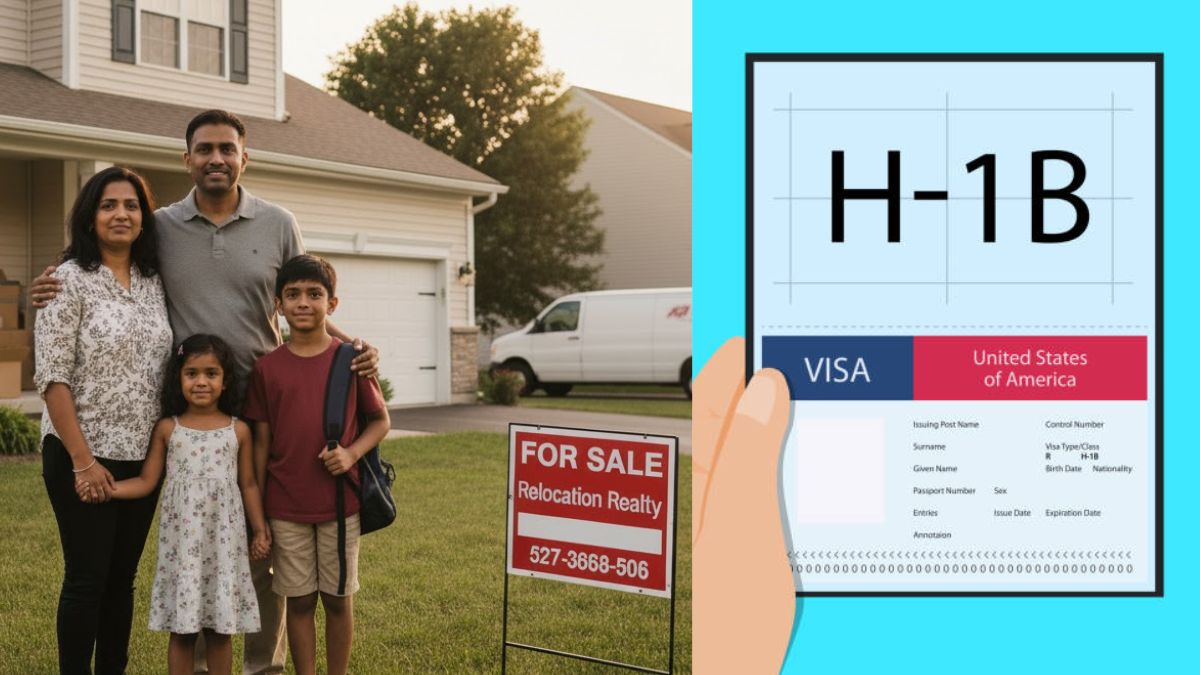H-1B Visa Holders Face New Barriers to Homeownership as FHA Loan Access is Cut
This policy change significantly diminishes homeownership prospects for H-1B visa holders, adding a new layer of financial challenge to their lives in the US.

Subscribe to our newsletter and stay informed about latest H1B news, policy updates and and other developments.
Article Summary
Non-permanent residents (NPRs), including H-1B visa holders, are now largely ineligible for FHA-insured mortgages following a recent HUD policy change aligned with a past administration's executive order. This policy has caused FHA loan volumes for NPRs to drop to near zero, effectively closing a significant pathway to homeownership. Consequently, H-1B holders must now rely on stricter conventional mortgage options, impacting younger and first-time homebuyers and potentially affecting certain housing markets.
Original Article: financialexpress.com
[ Sentiment: negative | Tone: factual ]
This summary and analysis were generated by TheNewsPublisher's editorial AI. This content is for informational purposes only; it does not constitute legal or immigration advice.
[ Sentiment: negative | Tone: factual ]
This summary and analysis were generated by TheNewsPublisher's editorial AI. This content is for informational purposes only; it does not constitute legal or immigration advice.
TNP AI: Key Insights
This policy change significantly impacts the financial stability and long-term prospects of H-1B visa holders, making homeownership, a key step in establishing roots in the U.S., considerably more challenging. For employers, this adds another layer of difficulty in attracting and retaining global talent, as quality of life and economic integration become increasingly complex for visa holders.
Historically, FHA loans offered a crucial, albeit sometimes difficult, pathway to homeownership for non-permanent residents, particularly first-time buyers. The effective elimination of this option now forces H-1B holders into conventional mortgage markets with stricter criteria, potentially exacerbating housing affordability issues in key markets.
Coupled with other proposed immigration restrictions, this move signals a broader tightening of conditions for skilled immigrants, which could deter highly skilled professionals from choosing the U.S., impacting economic growth and innovation. This also underscores the ongoing uncertainty and anxiety faced by visa holders regarding their ability to build a long-term life in the country.




